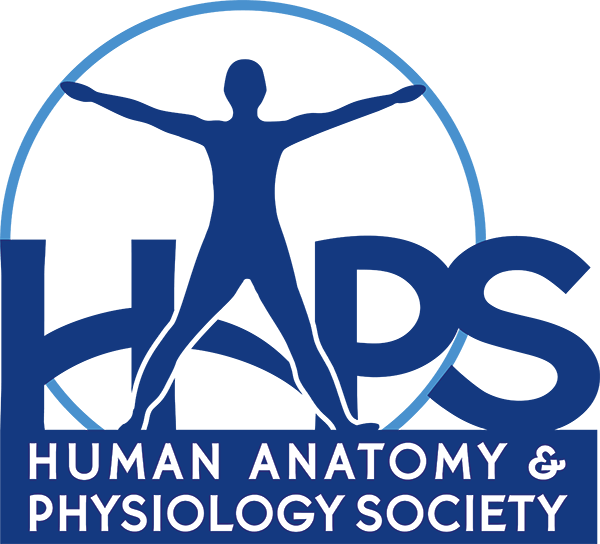Of all of the medical specialties I knew I’d be seeing, I’ve had the most history with cancer. The first operation I ever learned of was my mother’s mastectomy. She much later was treated for bone cancer. My father and I have had skin cancers removed. So the idea of seeing a patient under the knife was both interesting and hard to dissociate from.
The first major cancer operation I observed was one of the longest. A soft tissue cancer near the chin had invaded the mandible. A team of surgeons from both Oncology and ENT worked in shifts. First they cancer was removed, then the jaw was rebuilt and the neck closed. The most frightening part was that while the surface tissue looked different, to my untrained eyes, I could not fathom how they knew when to stop cutting. Leaving stray cancer cells behind after a surgery of this length would be horrifying. They of course can follow up with chemotherapy or radiation, but the tissues heal more slowly in those cases.
A much more common and shorter surgery is the one my mother had so long ago. A total mastectomy. Not as a pre-emptive strike before cancer, but to remove one that has been found. Working with plastic surgeons the breast can be reconstructed, but not until after the initial wound heals and if necessary extra skin is stretched by an implant. During the mastectomies I witnessed, it was hard not to think of my mom or my own potential risk. I’m glad to know that there are both medical doctors and specialized surgeons training to fight this insidious disease.


I have assisted in a few mastectomies and nursed both men and women with breast cancer after their surgeries but none affected me in the way that my step mother’s breast cancer did. My stepmother showed me her chest and I nearly cried I felt some way responsible. My step mother, who never had children, experienced menopause in her early forties and had a terrible time with symptoms it was the 80s and I suggested HRT to her. HRT was great at the time for her, she ran a big office and couldn’t afford to be laid waste by hot flushes etc. With all the hullabaloo following the disclosure of virilent breast cancers caused by HRT twenty years later I felt cheated of such knowledge but validated. When I taught the clinical pharmacology of HRT I warned my students that a drug working at a nuclear level could cause cancer and any drug that increases clotting factor production does not protect against CV disease as advertised. I felt a rush of anger when I saw my step mother’s chest and gasped in my heart but we still have her and she is optimistic about her future. All I can say is be very wary of the drug industry, I was, I tried to instill that in my students and while drugs offer relief and much outpatient therapy we should never forget that sometimes there may be a nasty genie in the bottle and thank god for the surgeons who quite literally saved my step mother’s life.